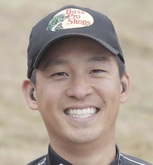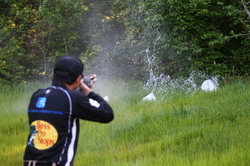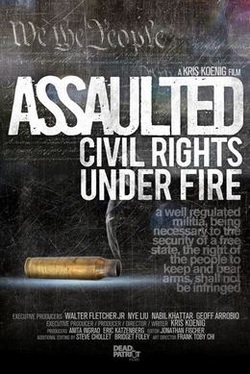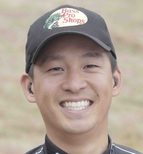
1. The shooting community is a group of amazingly kind people. From military, to law enforcement, competition shooters, and casual shooters alike, I've met some really fantastic people. It's a community where if you need help, there are always people who are willing to step up. Gun malfunctioning at the range? Someone will come and help you. Airline lose your shooting gear? Fellow competitors are quick to loan their gear without hesitation.
There's a stereotype of a gun owner being a mean ol' redneck, so first let me tell you that my redneck friends are very friendly and that you should take stereotypes with a grain of salt :) The shooting community is more diverse than I previously thought with many women, political stripes, ethnicities, orientations, and professions all represented. Lawyers, doctors, school teachers, tech people, accountants, you name it, the list goes on - there are gun owners of many stripes.
2. I've had an incredible amount of fun. Many of us search for a career where you get to do something you're good at, which leads to the fulfillment of happiness. I can't believe that for the past year I've been building a new career out of shooting guns, promoting gun safety and the shooting sport, and having the time of my life. I've shot alongside U.S. Olympic gold medalists Vincent Hancock and Glen Eller, got to meet some of the industry titans such as Ronnie Barrett (owner of Barrett Firearms), David Keene (NRA President), and am featured in a gun documentary called Assaulted: Civil Rights Under Fire, alongside Ice-T and Ted Nugent.
World champion shooters Robert Vogel, Julie Golob, Taran Butler, Keith Garcia are just a few of my many peers who have been super helpful in welcoming me to the shooting community, and it's been an honor having a lot of fun getting to shoot with them.
I've fired more machine guns then I ever thought would be possible for someone with my background (no military or law enforcement experience):
3. Competitive shooting is challenging. Top Shot was a unique type of competition because it was about marksmanship in the most general sense. It's not just a firearms competition, but knives, slingshots, blow darts, atlatls, compound bows, and other weapons are part of the mix. Having a generalist background is a distinct advantage on Top Shot.
However, becoming a specialist in "normal" competition sports such as 3-gun, IDPA, USPSA, and trap/skeet shooting is a huge benefit. I've been on a steep learning curve over the past year to learn the nuances of different shooting sports. Some of the competitors have been in the game for more than two decades, refining and honing in their skills.
The challenge has been a part of what drives me to excel. I have never been one to shy away from something that is hard, and not being good at something is a good way to remain humble. Putting in the time, work, and energy into becoming good is a reward that is personally fulfilling.
These are some of initial thoughts and perspectives I wanted to share in Part 1. Let me know in the comments if there are other aspects you'd like to know about in the life of a professional marksman, and I'll write about them in Part 2!




 RSS Feed
RSS Feed